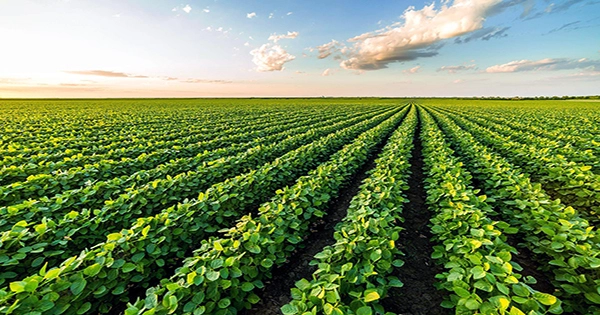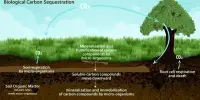The war in Ukraine has interrupted the supply chain for a variety of items, but “peecyclers” have found a means to get around the fertilizer scarcity that has resulted as a result of the conflict. These folks can make a strong blend of nitrogen, phosphate, and potassium by collecting their urine, which has been shown to help plants develop. In a research in the Republic of Niger, sanitized human urine (nicknamed Oga) was used to examine if and how it affected the development of pearl millet grain. Female farmers in the region have chemically infertile property that is distant from their homes, thus finding an efficient and easily available fertilizer for these farms is critical.
Using Oga resulted in a yield increase of roughly a third, proving that human urine is a viable alternative treatment for plants and, best of all, something that humans provide for free all over the world. In the context of wartime, this is a critical aspect, since farmers may need to seek closer to home for fertilizers in the face of predicted food shortages, and what could be closer than our own bladders? Peecyclers are already advocating for this strategy in other regions of the world, including the Rich Earth Institute, whose website provides some strong reasons for using human pee in agriculture rather than dumping it elsewhere in the environment.
Humans are said to produce 125 gallons of pee every year. If used in agriculture, this might help yield 320 pounds of wheat, lowering nitrogen and phosphorus pollution levels in more than 15,000 waterbodies across the United States. We also waste 1.2 trillion gallons of drinking water each year cleaning toilets, but we could save 4,000 gallons if we diverted our pee to fields instead. As we confront an increasing need to be inventive with our use of water, the climate issue provides us food for thought when it comes to producing food using pee.
Despite generating about a quarter of the nation’s food, the federal government denied California’s agricultural belt water stocks in February owing to water constraints. While dung has long been utilized as an all-natural fertilizer, Reuters recently reported that there is just not enough excrement to go around in some regions of the United States. When compared to its solid equivalent, urine can actually produce more organic fertilizer and contains fewer germs.
In terms of what it’s like to be a peecycler, the guidelines for donating pee in Vermont appear to be straightforward. People may collect their pee at home, fragrance-free, using a kit consisting of a ping pong ball, cubie, and funnel, before dropping it off at a Urine Depot for processing. And, as peecycler Kate Lucy told the New York Times, it quickly feels weird that we ever threw away the liquid treasure. “With our bodies, we generate this incredible fertilizer, and then we wash it away with gallons of another priceless resource,” she explained. “Thinking about that is insane.”















